UN Must Undertake Tangible Actions for Rohingya Repatriation
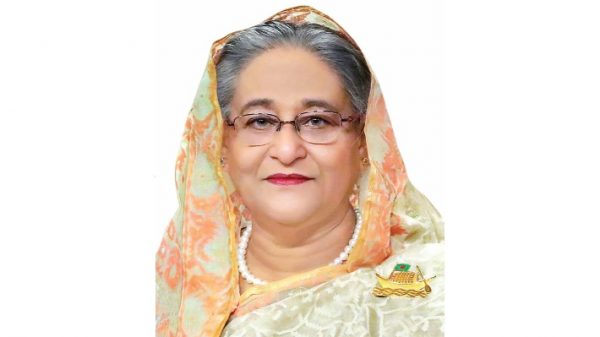
Sheikh Hasina :
The world leaders this year have joined the 76th Session of the UNGA whose theme is “hope”- hope for recovery; hope for sustainable rebuilding. My delegation too is participating in the Session with “hopes” on many pressing issues. One of these is the plight of the Rohingya, the forcibly displaced Myanmar Nationals (FDMN).
For the last four years, we held high hopes that these displaced people could go back to their own homes in their motherland Myanmar in safety, security and dignity. We reposed our trust in the global assembly and community for their repatriation.
However, our calls have remained unheeded and our hopes unfulfilled. We are now in the fifth year of the crisis. Yet, we still hold the hope for a durable solution to this crisis.
When the crisis occurred in 2017, with the mass exodus of a million forcibly displaced people from the Rakhine Province of Myanmar to Bangladesh, our choice was to save their lives or to close the border and let them face ethnic cleansing. We chose to save their lives for the sake of humanity.
This humane decision to save the oppressed Rohingyas was based from our own painful experience during our liberation war in 1971. Moreover, it was inspired by the guiding principle laid out by our Father of the Nation Bangabandhu Sheikh Mujibur Rahman. He had stated: “The very struggle of Bangladesh symbolized the universal struggle for peace and justice. It was, therefore, only natural that Bangladesh, from its very inception, should stand firmly by the side of the oppressed people of the world.”
Since that mass exodus in 2017, at all the successive UNGAs, I have been placing specific proposals for a sustainable solution to the crisis.
My government has maintained bilateral engagements with Myanmar. At the regional front, we have tried to take on board the major powers, including China and India. We have all along tried to have more active involvement of the ASEAN.
At the multilateral front, we have kept the issue on the table by UN resolutions engaging important countries and the UN agencies.
Sadly, our efforts for the hapless, uprooted Myanmar Nationals returning home to Myanmar has not generated any tangible outcome yet. Till today, not a single one of them could go back to their homeland.
Pending repatriation, we have ensured all necessary arrangements to make their temporary stay in Bangladesh safe and secure, despite our resource and land constraints. The prolong stay of such a large population in a congested area is also having serious impacts on the surrounding environment and ecology. Hills and forest lands have been cut down to provide shelters.
Even in the face of the COVID 19 pandemic challenges, we have not forgotten to ensure the safety and welfare of the Rohingyas. We have remained faithful to our conviction that No one is safe until each one of us is safe. We have included this population in our national vaccination program.
Every year more than 30,000 new babies are born adding to the pressure of camp population. To de-congest the over-crowded camps in Cox’s Bazar, we have developed an island called Bhasan Char covering an area of 13,000 acres in the South of the country. We spent over US$ 350 million from our own budget to develop this settlement.
The island has proper infrastructure and in fact, has better amenities to temporarily relocate about 100,000 of the camp population. Until now, we have relocated around 18,500 of this displaced from the camps in Cox’s Bazar to Bhashan Char. The relocation is being done on the principle of voluntariness. We expect to see the start of UN’s operation in Bhashan Char soon.
I would like to emphasize that whatever we are doing in Bangladesh is purely on a temporary basis.
As I repeatedly said they are Myanmar nationals and hence, they must go back to their homeland, Myanmar, in safety and dignity. We must all, specially the international community, do everything possible to make this happen.
I call upon our international friends and development partners to support our efforts in this regard. The Rohingyas themselves also wish to return to their home.
Resolving this humanitarian crisis is a collective responsibility as its implication goes beyond borders. Delaying this crucial problem jeopardizes our collective security. The growing frustration over the lack of progress in repatriation entices many to get involved in criminal activities, and they are easy prey to extremist ideologies. This could potentially destabilize the entire region.
Therefore, we must act now and with real urgency. Let me share some thoughts in this regard:
First: Our top most priority is to ensure sustainable repatriation, and we must invest all our efforts towards that end.
Second: While the current political situation in Myanmar creates an uncertainty, efforts should continue to find a resolution to this crisis.
Third: In this regard, we believe the ASEAN has an important responsibility. We welcome the appointment of the ASEAN Special Envoy and we hope that resolution to this crisis through the early and sustainable return of the displaced Myanmar nationals to their country will remain high on the agenda of the ASEAN. As fellow members, ASEAN should step up efforts in confidence-building measures in Myanmar that would encourage the Rohingyas to return to their own homeland.
Fourth: We must remember humanitarian assistance is essential but in no way a permanent solution. The UN and the partners must undertake tangible actions and projects in Myanmar to create an environment conducive for repatriation and their sustainability. So far, we have not seen any such progress.
Fifth: Accountability for the persecution committed against the Rohingyas is important to create confidence in this population. Impunity for such heinous crime should not be allowed on all accounts. In this regard, Bangladesh supports the ongoing international efforts to ensure accountability including in the ICJ. Other international mechanisms created by the UN General Assembly and the Human rights council should also be supported.
I am encouraged to see the strong presence of our key partners today. I believe, you all share our concerns and need urgent action to resolve this serious problem. We need to go beyond words and rhetoric into tangible action to reach this desired outcome which is also the cherished desire of the Rohingyas.
Bangladesh will continue to work with all until this resolution is achieved.
This is an excerpt of Prime Minister Sheikh Hasina’s speech at High-Level Side Event on “Forcibly Displaced Myanmar Nationals (Rohingya) crisis: Imperatives for a Sustainable Solution” at UNGA.


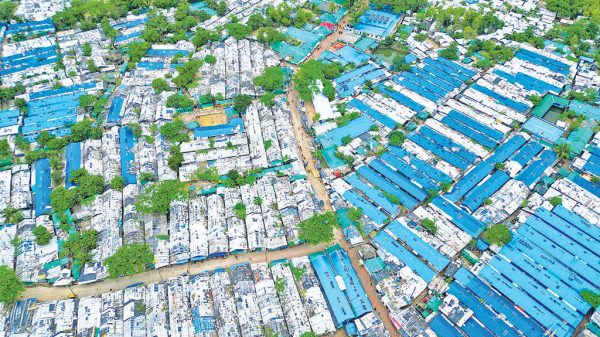
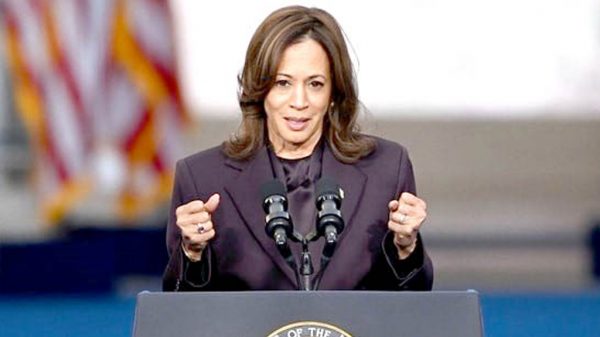
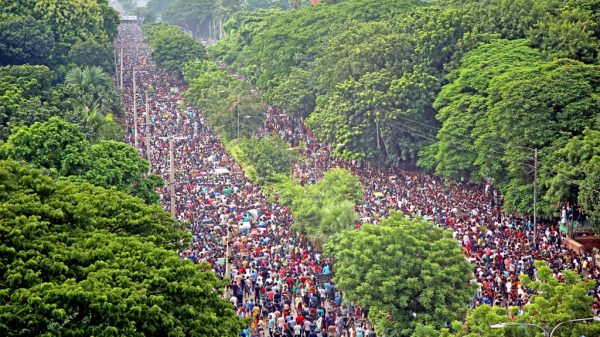
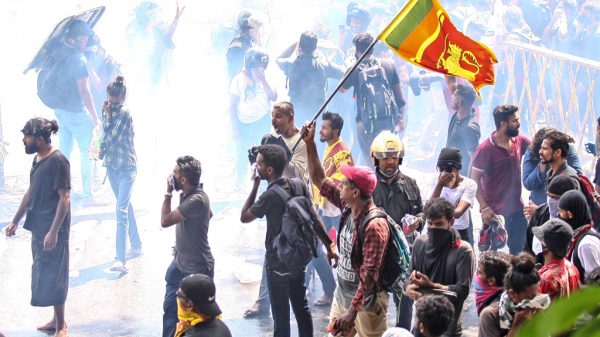
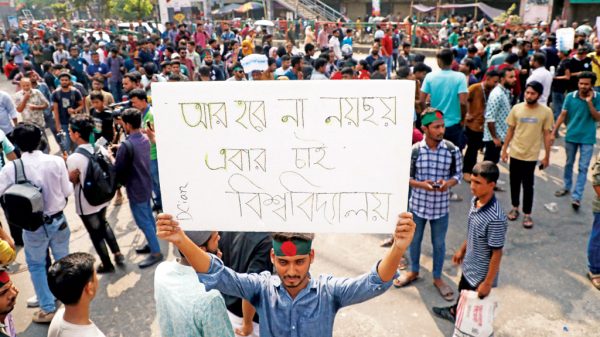
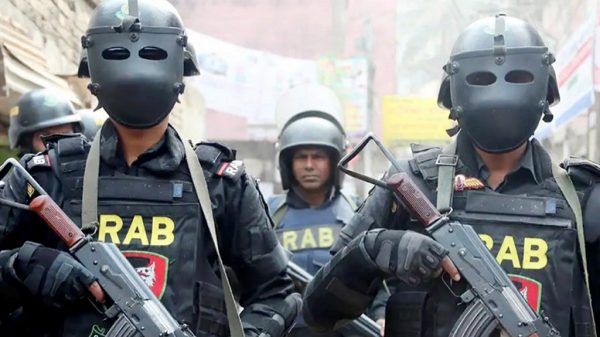

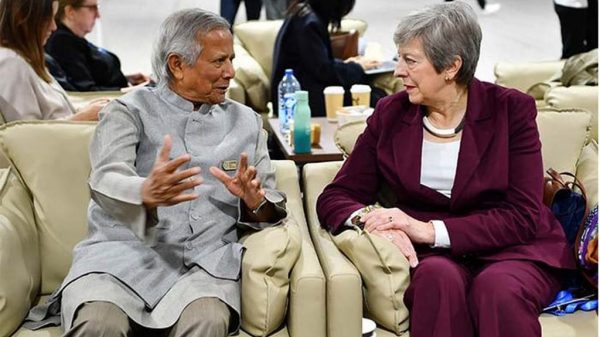
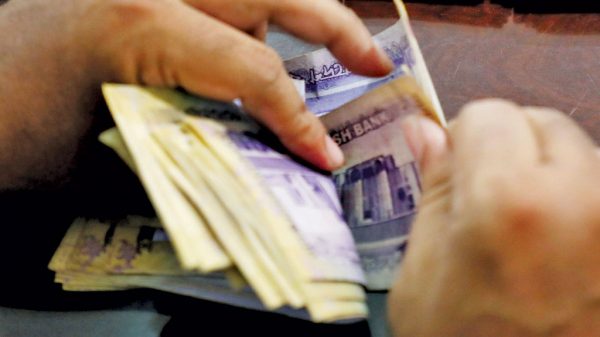
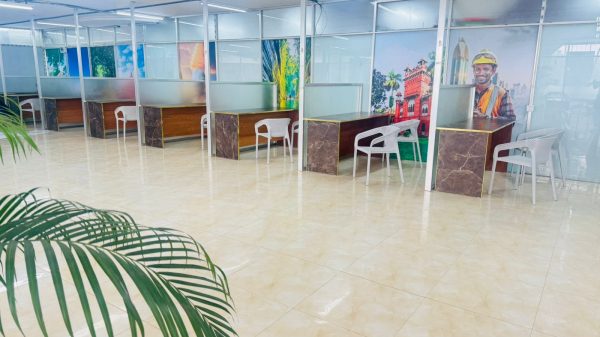
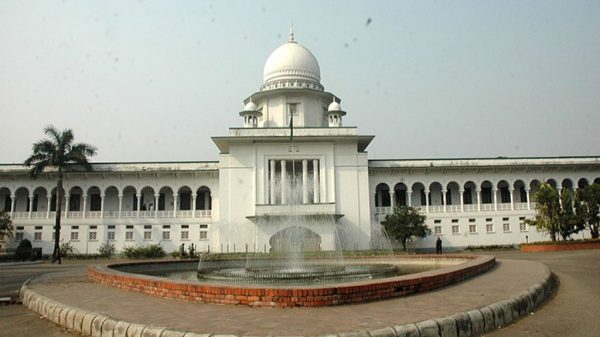
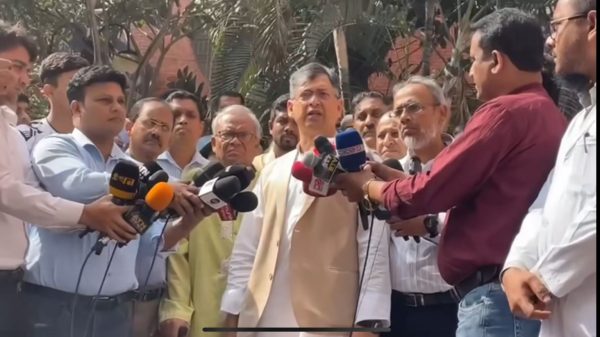
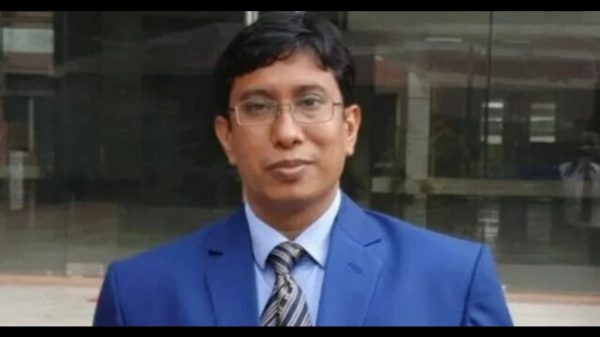

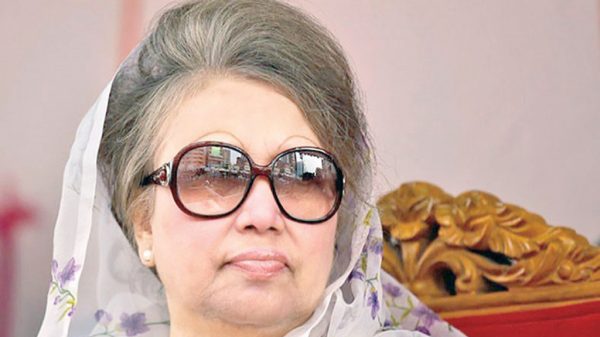











Leave a Reply